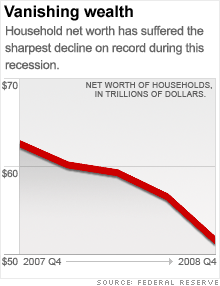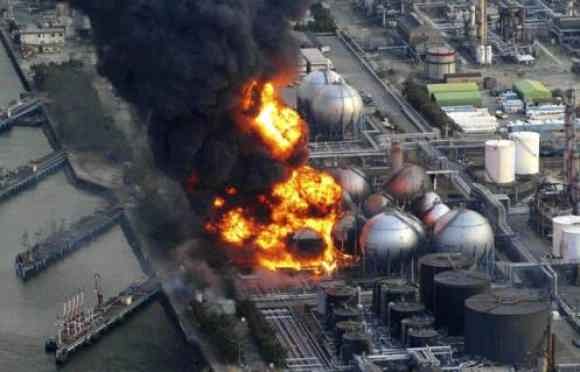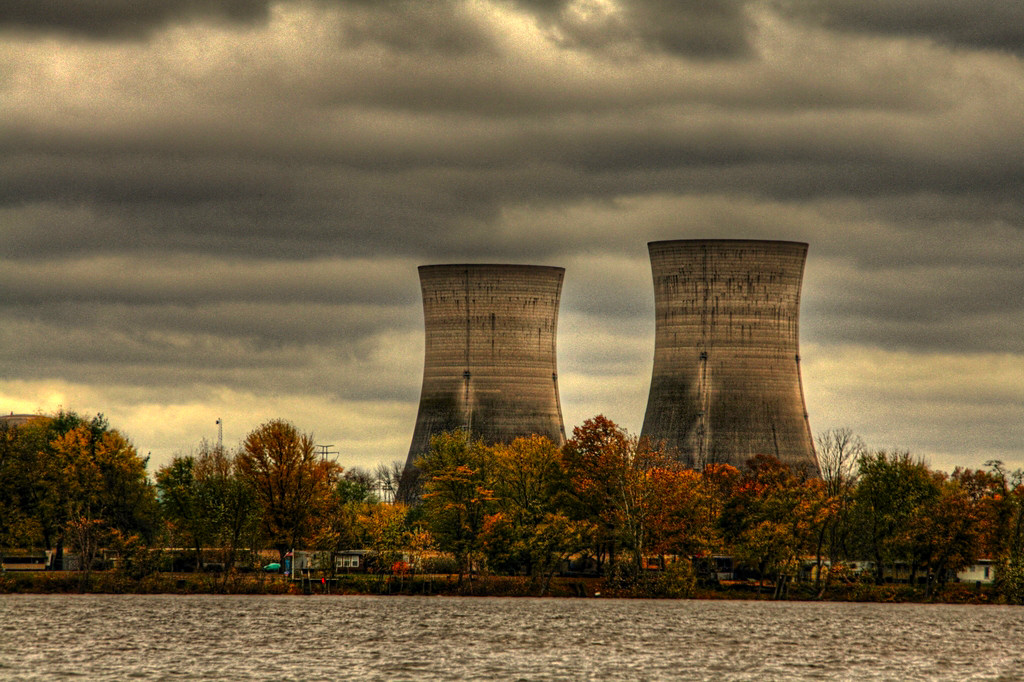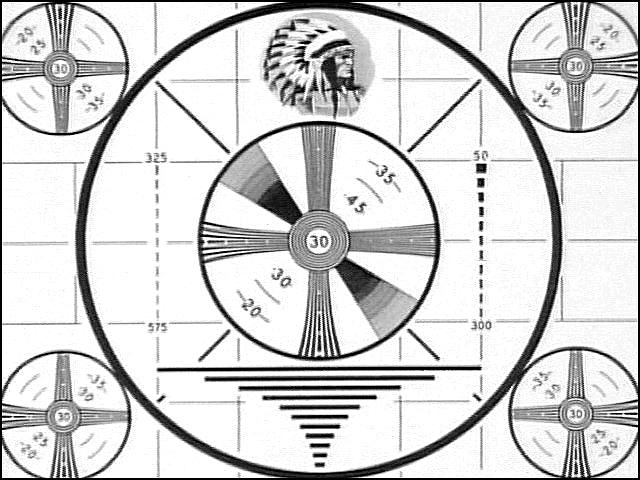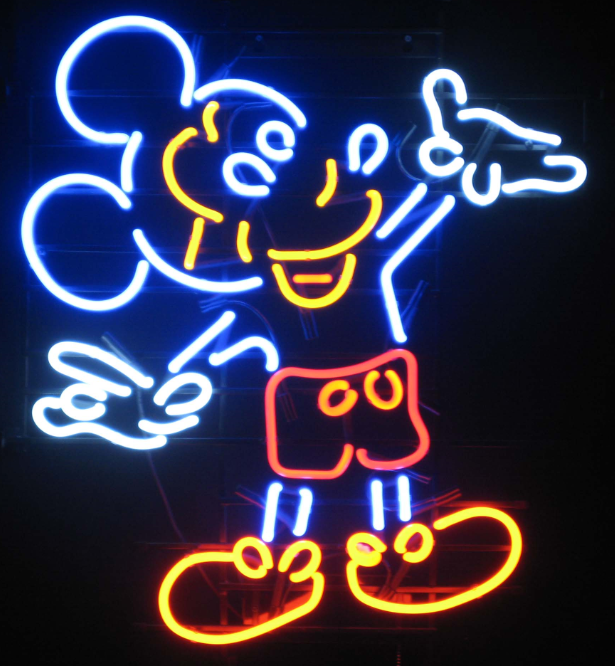If might makes right, America is the most righteous nation to ever exist.
Most Americans — if asked before 911 — would say that nothing is wrong with America. America is where everyone wants to be. People risk everything to come here. End of story. And by the way, if you don’t like it, leave.
The attitude of most Americans before September 11, 2001 was to willfully and blissfully ignore the many blunders for which the United States is renowned in the rest of the watching world.
These screw-ups include but are not limited to:













and on and on and so on.

In 2001 Americans believed these idiocies lay in our past; our distant past. They were symptomatic of nothing; not worth noticing, analyzing or fixing. They had nothing to do with now. Nothing was going on now that we needed to fret about or repair. Like Alfred E. Neuman of Mad Magazine, Americans could say, What, me worry?

In 2001 the Twin Towers came down. Buried in the rubble lay two-hundred billion dollars of 99.997% pure gold ingot (allegedly recovered).
The oil-rich Bush family‘s first reaction was to take the world to war. The ramp-up was egged on by profiteers, as war always is. And Wall Street insiders, under the cover of the War on Terror, began to deploy contrived financial instruments like bundled sub-prime mortgage derivatives (which obfuscated risk) to better suck dry the deep pools of the world’s wealth unaware.
Blunders came fast and furious. By 2008 the leaders of the United States had made so many mistakes they created a financial meltdown. Millions of people lost their homes and jobs. The middle class lost fifty-five percent of its accumulated wealth — much of it in retirement accounts. The situation became dire, causing some people to believe God was punishing the USA for its sins.

People decided to turn around and do the unthinkable: elect the nation’s first black president. His pastor, Jeremiah Wright, screamed, the chickens have come home to roost, on all the news shows. Some people thought, maybe Barack Obama can calm down our angry God.
But as of 2014 — six years after the near-fatal financial meltdown — the USA continues to hover on the precipice of a Soviet Union style collapse.
It’s time to ask the question: Is something wrong with America? And maybe one more: Is something wrong with Americans?
Before we ask or answer questions like these, perhaps we should ask an even larger question. Is America a place where people have any chance at all to do well over time?
It might be that geography and geology on this side of the globe are not suitable for civilization or sustained human activity. Whoever lives on this side — whatever their values or culture — may, in the long run, not matter.


The Americas have been inhospitable to humankind. Looking back over the eons, a case can be made — due to earthquakes, volcanoes, meteor hits, frequent ice ages, predatory animals, mosquito and insect bred diseases, droughts, floods, wild fires and hurricanes — that large populations of humans have simply not been able to establish themselves on our hemisphere for long periods; nor will they, ever.

The United States endures, on average, a thousand tornadoes each year. This number is greater than all the tornadoes that occur in the rest of the world added together.
It wasn’t until 1920 that the population in North America reached a hundred million people. It is conceivable — under reasonably imagined scenarios — that the population of North America will soon collapse.
Some geologists believe the mammoth super volcano buried beneath Yellowstone National Park will erupt someday — perhaps soon. If they are right, surviving humans will have to start over.

Other geologists believe seismic activity in the west may one day cause the loss of sizable portions of our continental shelf, perhaps precipitating a cataclysmic flood. Earthquakes in the Cascadia subduction zone have wiped-out huge swaths of our Pacific Northwest forty-one times during the past ten-thousand years. The next earthquake/tsunami is a hundred-and seven years overdue.
It is often said California is the eighth largest economy in the world. Should California or the Pacific Northwest slide into the Pacific Ocean, it would be hard for the rest of North America to keep going.

In addition to the deaths of forty million people, intensive seismic activity and floods could destroy California’s four civilian nuclear reactors (one active, but all storing dangerous quantities of radioactive waste) and the military’s nuclear sites, nuclear powered ships, and submarines. High-level radioactive waste would then pollute the Pacific Ocean and our coastal areas for many thousands of years (much like the disaster now unfolding in Fukushima, Japan).
The question of whether our continent is suitable to support an advanced civilization for more than a few hundred years remains to be answered. It’s not clear to me that it can.
But let’s return to the original question: Is something wrong with America?

Why does a country with our values do bad things? Why so much inequality, crime and perversion? Why so much addiction, pervasive drug use, bullying, child abuse, domestic violence and murder?
Why generational wars, gated communities, blighted inner cities, militias, and political extremism? Why concentration of wealth for the few and debt and despair for the many? Why the increase in home schools and private academies in a nation whose founding virtue was public education for every citizen?
Why so much hatred directed against a people whose only crime was hating slavery, Jim Crow segregation, and the current hardships of discrimination in hiring, housing, health care, and policing?


Why can’t black people, for example, catch a break after everything they’ve put up with, from lynchings to (for one black man, at least) being ridiculed on national television for mispronouncing correct answers on Jeopardy?
When we ask questions like these, it seems clear (to me at least) that something sinister is wrecking havoc on our dreams and aspirations. Something fundamental about the way we think and problem-solve is not serving us well.
Europeans like to point out that Americans solve problems by selecting and working through all the wrong solutions first. It’s what makes us so sure we’re right, when we finally stumble on the correct solution.
But how about another view? We live in a country where powerful people once owned slaves. Industrial tycoons operated private militias to control restless employees.
We live in a country where an entitled, strong-willed aristocracy has ruled for centuries a population who believes itself to be free; a democracy.
Old habits of thought and action have been handed down from each generation to the next on both sides.

The powerful and wealthy have learned they can hire spokesmen (like Rush Limbaugh and Tom Brokaw, for example) to play on the fears, aspirations, and assumptions of common people to better confuse and seduce them into serving their interests. This manipulation of one class of people by another has led to a schizophrenic dynamic, which is one of the reasons people in other countries and cultures think Americans are crazy.

The lunacy will not end anytime soon. It seems our country is determined to follow its aristocracy wherever it leads. History is full of examples of elites who — deluded, depraved, and out of touch — led their civilizations into the abyss. It’s why our ancestors invented democracy — so cliques of wealthy, well-connected power-trippers couldn’t harm us.
Alas, democracy is not a form of government the elites of the world favor. And we may have lost our democracy a long time ago. Perhaps we never had one. We simply imagined we did, because our rulers told us so.
Billy Lee
Post Script — 19 October 2017 — from the EDITORS: Nineteen months after the publication of this essay, Americans elected a self-proclaimed billionaire and entertainer who was unvetted as to his physical and mental health; unvetted as to his financial status; unvetted in his foreign entanglements; and who lacked any experience whatever in the art of politics.
He lost the popular election by eleven million votes to Hillary Clinton (3M votes) and third-party candidates (8M votes).
Bernie Sanders, Jill Stein, Gary Johnson, and Evan McMullen garnered the lion’s share of third-party voting.
The new president blamed his 11 million vote deficit on illegal voting by immigrants. He is now being investigated by the Justice Department and committees in both the Senate and the House of Representatives for conspiring with foreign powers to rig the outcome.
He didn’t serve in the military, yet threatens to take America to war against Korea and Iran. Something is wrong with this picture. He is dismantling health-care and unleashing immigration pit-bulls like ICE on a population of young people who have no memory of having ever lived outside the United States.
It seems like an angry, racist pit-bull is loose in the china-shop. Maybe Billy Lee is right. If so, the United States is screwed. It really is. When this nightmare is over, a lot of broken glass is going to be lying around that everyone will somehow have to clean-up.
The good news? America has a way of surviving catastrophes of its own making. We’re good at managing unnatural disasters that we inflict on ourselves. Maybe to some the chances seem this time to be as low as one in a million.
Jim Carey said in the movie Dumb and Dumber, one in a million means we still have a chance. We might survive the mess of a failed presidency. It’s possible. Who knows? Many are ready to sit on the sidelines to “wait and see” what happens.
During WWII, millions boarded trains in Europe to travel to God knows where. What’s the worst that can happen? many thought to themselves as they watched German soldiers with dogs push families into rail cars.
Maybe waiting to see what happens is not the best strategy for survival..
THE EDITORIAL BOARD
Note: On Tuesday September 24 2019 the House of Representatives opened an impeachment inquiry against Donald Trump.


